The President of Chile, Gabriel Boric, during a visit to residents of the Viña del Mar hills that were affected by a large forest fire, last December.Presidency of Chile (Presidency of Chile/EFE)
After the president of Chile, Gabriel Boric, decided on Friday to pardon, as is his attribution, 13 convicted by the Justice -12 for crimes during the social outbreak of 2019 and one who belonged to the armed organization Manuel Rodríguez Patriotic Front ( FPMR) for an assault on a Santander bank in 2013–, different fronts of conflict have opened up for the Government.
The Supreme Court met this Tuesday in an extraordinary plenary session and decided to respond to the president, who on Monday, since Brazil's change of command, justified his pardon for Jorge Mateluna, the man convicted of the bank branch robbery case.
"I have the deepest conviction that in the Mateluna trial there were irregularities and an assessment of the evidence that was not up to the standards of Justice," Boric said.
The magistrates of the Supreme Court have not assessed the president's decision to pardon these 13 convicted persons, but his comments on the actions of the Justice in justifying the pardon of Mateluna, who was a member of the FPMR (a left-wing organization that sought to defeat Augusto Pinochet by force of arms, who became extinct with democracy and only a few of his agents continued to operate over time).
"In response to the expressions made by the President of the Republic, reproduced in some media on January 1 and 2, in which he questions the foundations and regularity of a fine-tuned judicial process (the Mateluna case), the Supreme Court sees in the need to remember the provisions of paragraph 1 of article 76 of the Political Constitution of the Republic, which establishes: 'The power to hear civil and criminal cases, to resolve them and to have the judged executed, belongs exclusively to the courts established by law”, have indicated the judges of the highest court of Justice.
The Supreme Court, which is dragging an annoyance with the Government for the way in which it has handled the failed nomination of the national prosecutor -Chile has been without the highest authority of this institution for three months in the midst of a public security crisis-, has added that "neither the Neither the President of the Republic nor the Congress can, in any case, exercise judicial functions, address pending cases, review the foundations or content of their resolutions or revive dead processes.
Boric assured this Monday from Brazil that the pardon of Mateluna was not justified by a personal opinion, but by the appreciation of several well-known jurists, such as Davor Harasic, who was dean of the Faculty of Law of the University of Chile.
Along with the problems of interference in another State power, one of the criticisms formulated regarding the president's words points to the fact that Harasic represented Mateluna before the higher courts through the Legal Clinic of the University of Chile and that Convinced of his innocence and of how badly the existing evidence in the file had been weighed, he filed a review action before the Supreme Court that was dismissed in 2018. According to critics, the president with his words grants more importance to the opinions of the defenders of the convicted person rather than to the resolutions of the highest courts.
The Minister of the Interior, the socialist Carolina Tohá, has tried to put cold cloths on the conflict.
"The president has an absolute commitment to the independence of the Judiciary and has never questioned the exercise he makes of his powers or the validity of the process that led to the convictions of all the people who were pardoned," said the main Cabinet Minister, who referred precisely to the points that are accused of the president.
In an attempt to calm the waters, Tohá therefore assured that the statements of the Supreme Court “are received as an opinion with which the Government has no disagreement, ruling out that Boric has tried to exercise judicial functions.
Boric's words have additionally provoked the reaction of the Prosecutor's Office, which recalled this Tuesday that in June 2013 it had in its hands "the investigation of a crime of robbery with intimidation, frustrated homicide against police personnel on duty, carrying and possession of weapons of war, possession of a prohibited firearm, illegal possession of common firearms and reception”.
According to the information recalled by the prosecutors, Mateluna was arrested "in flagrante delicto" for these events and the investigation demonstrated his participation "as the author", "which was unanimously endorsed in all judicial instances", including the Supreme Court.
power of the president
In Chile there is the power of the president to pardon people convicted by Justice, but what is criticized is the basis of his decision.
The Government has said that it decided to pardon these 13 people making use of this presidential attribution -as all previous presidents have done-, because it is "a group whose rights have been historically violated, especially social, economic and cultural rights. ”, which has opened a deep discussion about this reason as a motivator of crimes.
Critics say that the government was motivated by political reasons, while part of the ruling party explains that it is a promise from the presidential campaign.
The Government tried to pardon the prisoners of the 2019 outbreak through a bill in Parliament, which was unsuccessful.
The decision made public on Friday caused the failure of the negotiations carried out by Minister Tohá to reach a transversal political agreement on security, the greatest urgency that Chile is experiencing and the main priority of the citizenry.
The opposition withdrew from the talks and announced that it will promote its own bills in Parliament, while studying constitutional accusations against Boric, the Minister of Justice, Marcela Ríos, and go to the Constitutional Court to annul the pardon against Mateluna.
Subscribe here to the EL PAÍS America
newsletter
and receive all the latest news in the region.

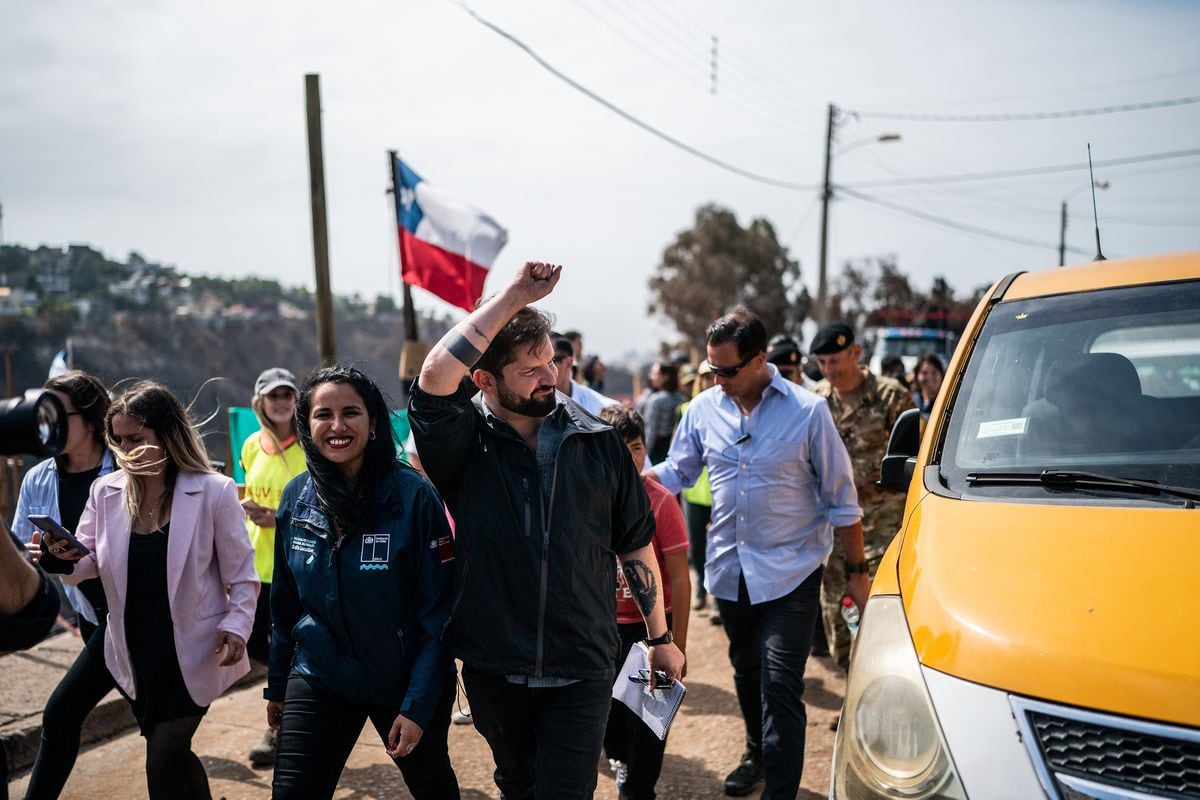
/cloudfront-eu-central-1.images.arcpublishing.com/prisa/U47VQFQW4FGCBFYMTUPCMC5PKE.jpg)
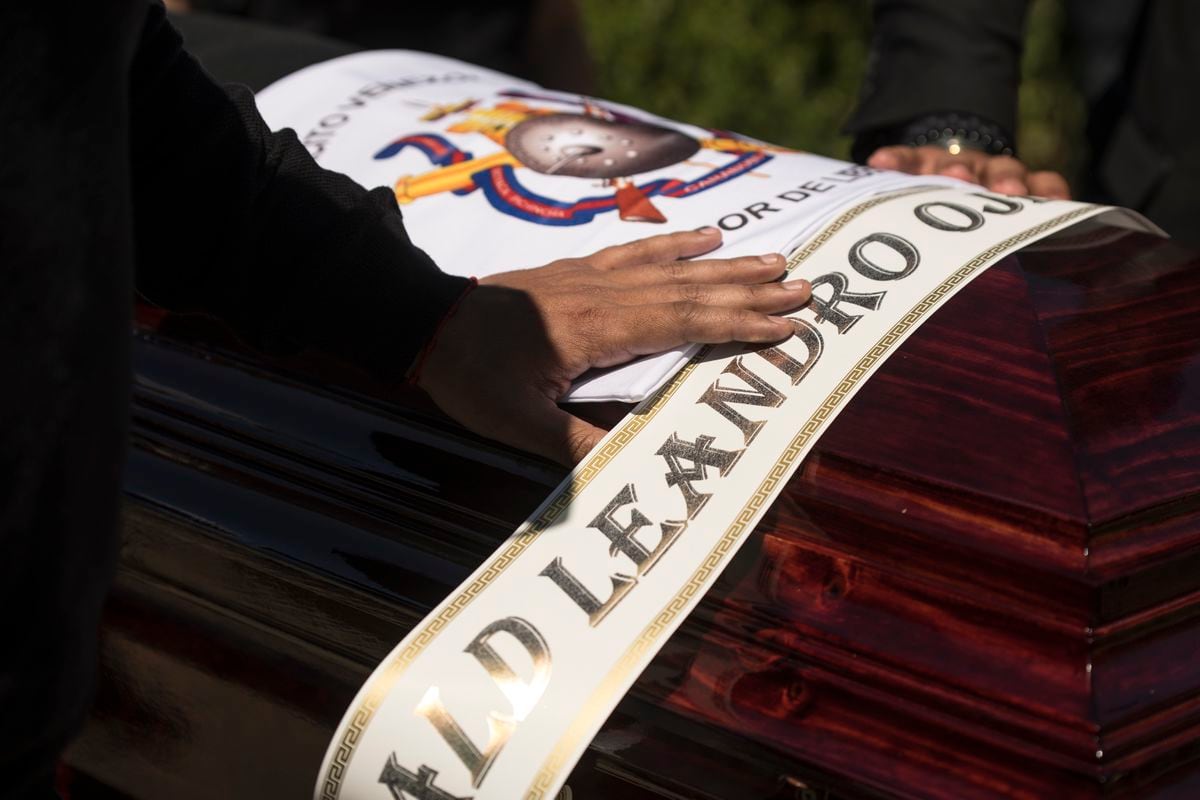
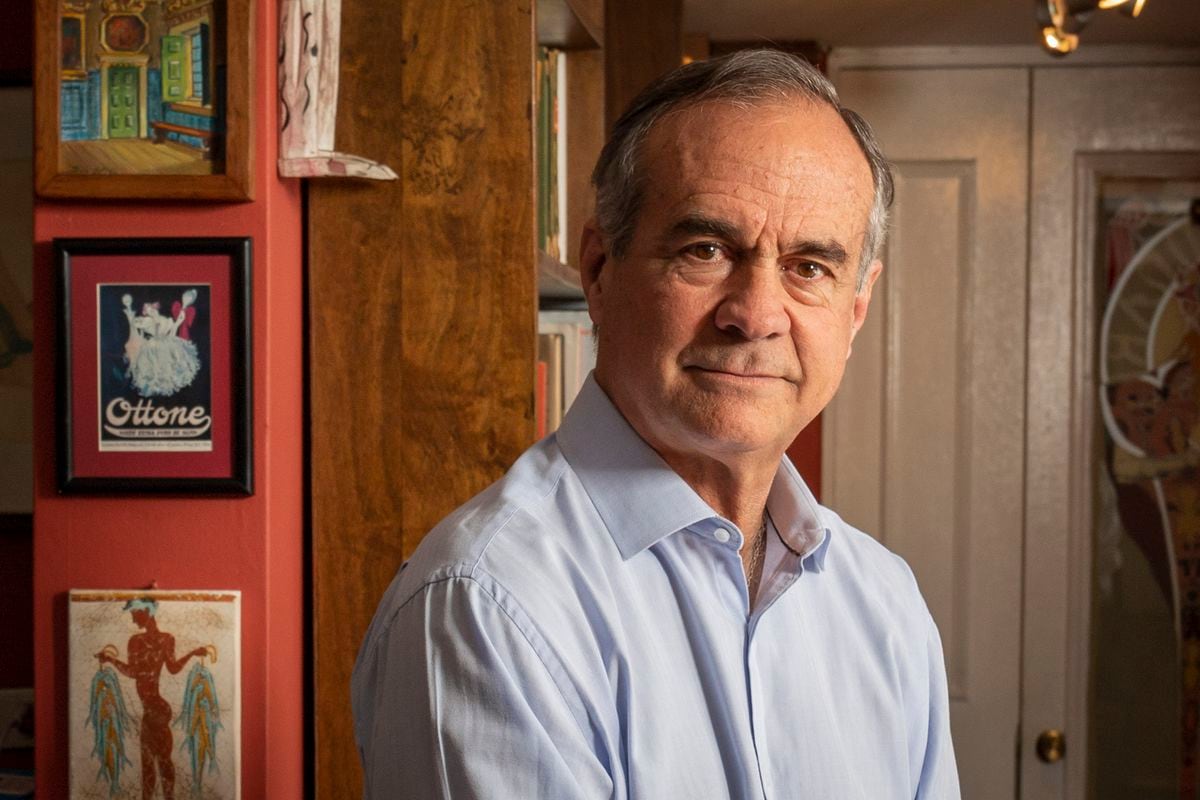

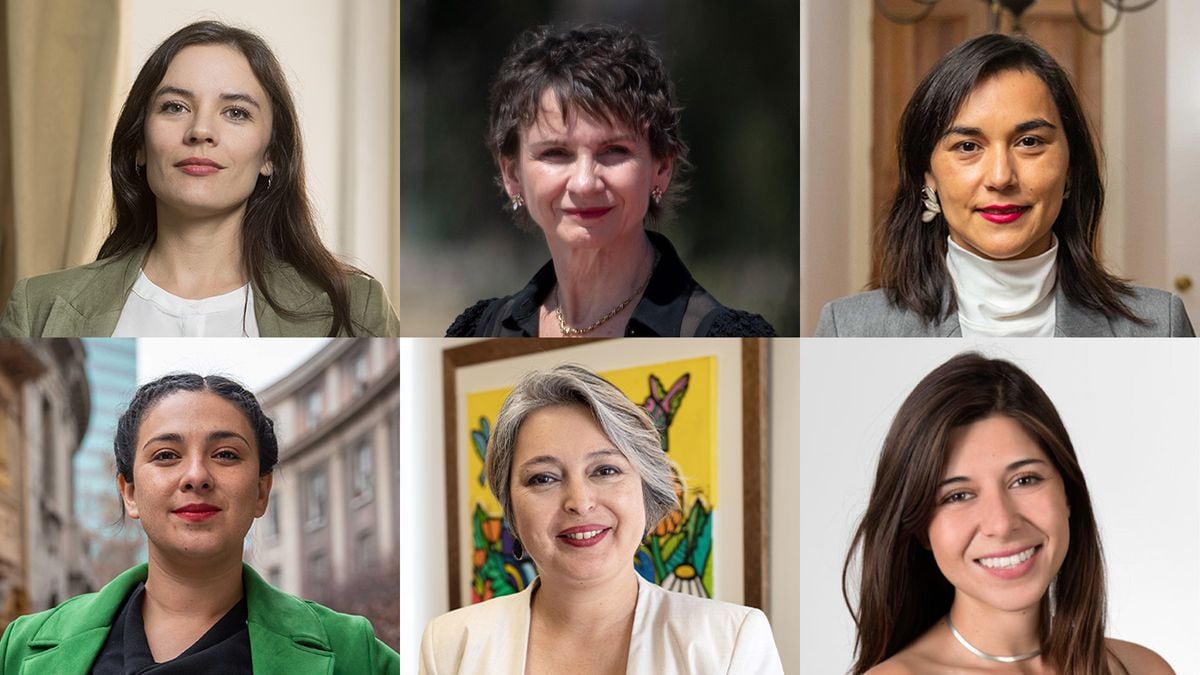
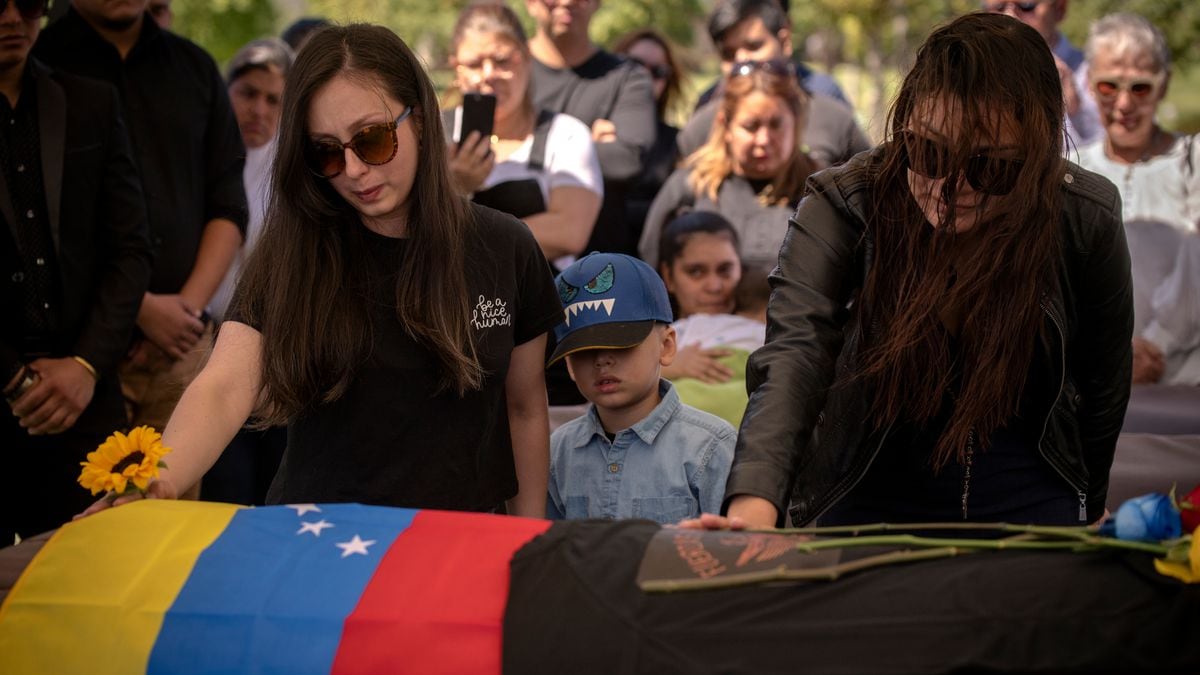
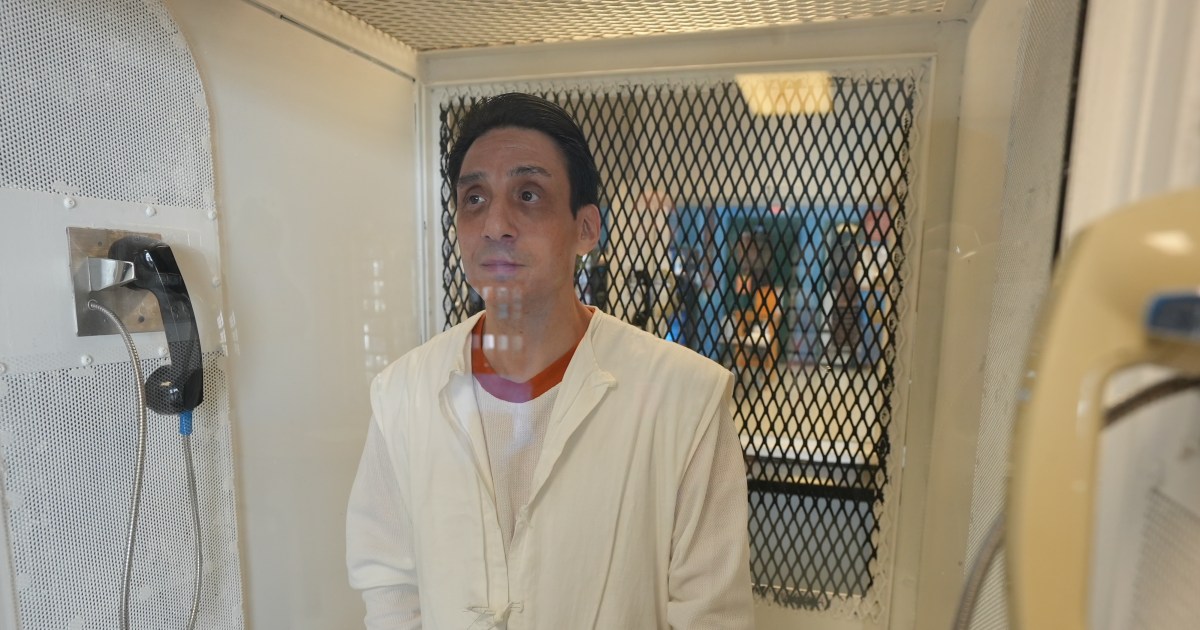
/cloudfront-eu-central-1.images.arcpublishing.com/prisa/IF24TOV3MFHHROUE2LMCLODXWI.jpg)





